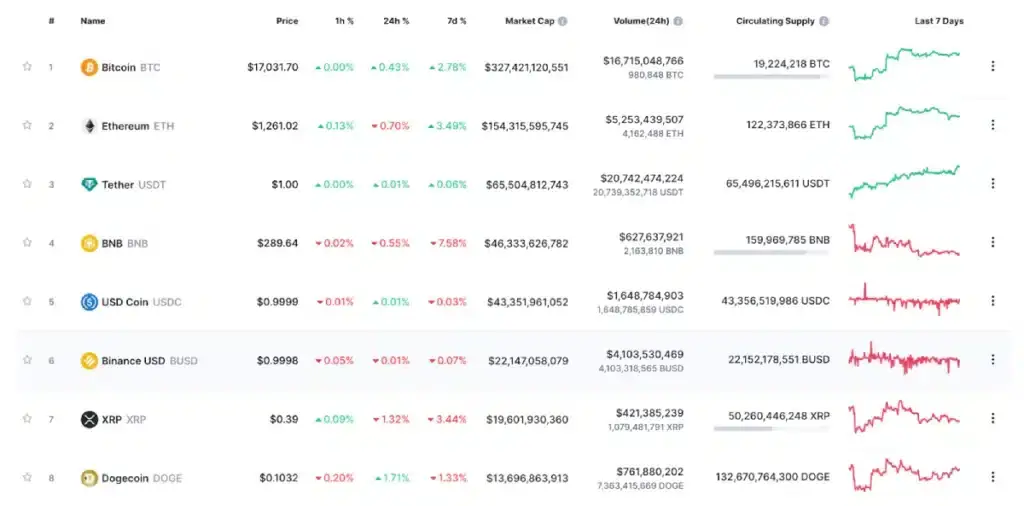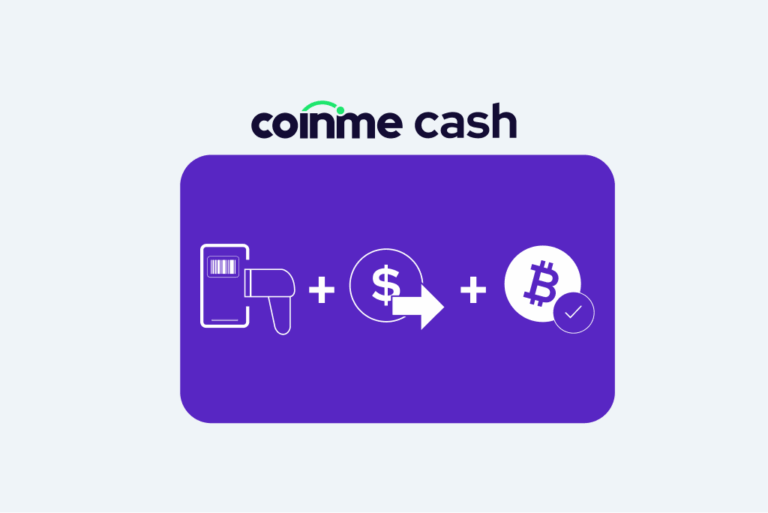Summary
Dec. 6 marks Dogecoin's ninth birthday. The asset was created through memes and promoted using the support of other meme assets. Doge began operations as a Litecoin fork in 2013.
Dogecoin — the first and often the favorite of all dog coins — turns nine on December 6. So what is nine in dog years?
When Doge launched in 2013, crypto was different (there were only a handful of viable projects), and the world was different. Most people hadn’t even heard of crypto yet.

As it turns out, years in the crypto industry are like dog years — a wrinkle in the space-time continuum that both makes sense and doesn’t. This is to say, any crypto project that launched in 2013 (even before the launch of Ethereum in 2015) and is still around at the end of 2022, is blog post-worthy.
However, this blog isn’t a lifetime achievement award type of post. If recent chart movements are indicative, Doge’s best days aren’t behind it. The asset was memed into existence and pumped on the back of other meme assets. Despite hostile market conditions, Doge continues to defy the odds.
On the eve of its ninth birthday, Doge is again in the top ten cryptocurrencies by market cap, ahead of way more sophisticated assets and technologies with well-defined use cases and well-articulated tech stacks.

SOURCE: CoinMarketCap
Dating Doge
Here are a few notable milestones in almost a decade of Doge:
- 2013: Doge launches (on December 6) as a fork of Litecoin. Like Litecoin, Doge is based on proof-of-work and uses the Scrypt algorithm as its general architecture. Check out the full Dogecoin blog post for more info.
- 2014: A fledgling but committed community that has sprouted up over the coin raises 27 million Doge ($30k at the time) to send the Jamaican Bobsled team of Cool Runnings fame to the Sochi Winter Olympics. The community also sponsors a race car and builds a well in Kenya, all via Doge donations.
- 2015: Feeling like the meme started getting a little too real, one of Dogecoin’s original founders, Jackson Palmer, leaves the community. For more on the backstory, check out this interesting profile about Jackson in the New York Times a few years after the split.
- 2017: Doge goes big as it becomes a darling of the crypto industry if for no other reason than it represents the fuzzy parts of crypto that make the industry exciting but for reasons that are hard to articulate (just like Doge itself).
- 2019: Elon Musk starts tweeting about Doge, which also becomes available on more and more exchanges.
- 2021: Doge, against the backdrop of a crypto bull market, hits an all-time high of $0.73. During the bull run of 2021, Doge also inspired several copycat dog coins, such as Shiba Inu (SHIB) and Kishu Inu Coin (KISHU), among others.
Dogecoin use cases
Since Dogecoin is inflationary by design, it has not proven to be an effective store of value as a cryptocurrency. However, some people do use Dogecoin for payments and purchases. Examples of merchants who accept Dogecoin include AMC Theaters, GameStop and even the Dallas Mavericks.
Billy Markus, the co-creator of Dogecoin, touts Doge’s utility as a “tipping currency.” For example, the Twitter account @Mydogetip, helps users tip each other with Dogecoin. In this way, Markus advises people can “spread happiness over the internet.” Promoting happiness is the purest use case for Dogecoin.
The dog days of Doge
On the eve of its birthday, Doge started gaining market ground while other crypto assets were still reeling from the more considerable industry fallout following the collapse of the popular FTX exchange.
In fact, at the end of November, amidst the market turmoil, Doge was a top performer, working its way to number eight on the crypto market cap charts.
Doge currently has a price of around $0.10 and a total market capitalization of $13.8 billion.
One thing that makes Doge, Doge, is its unlimited supply — so there is always more than enough to go around.
Crypto is different. Doge is different. And these days, the world needs a few good memes.








 Labs is acquiring Coinme to power the Open Money Stack.
Labs is acquiring Coinme to power the Open Money Stack.